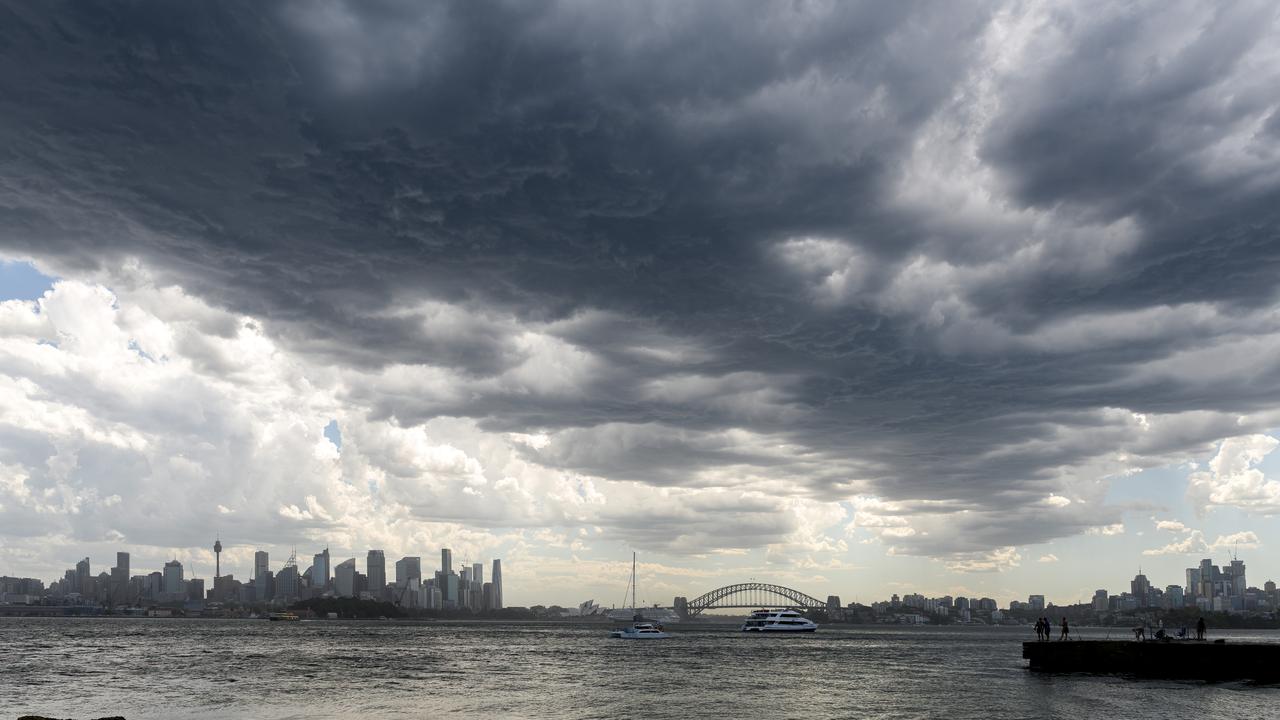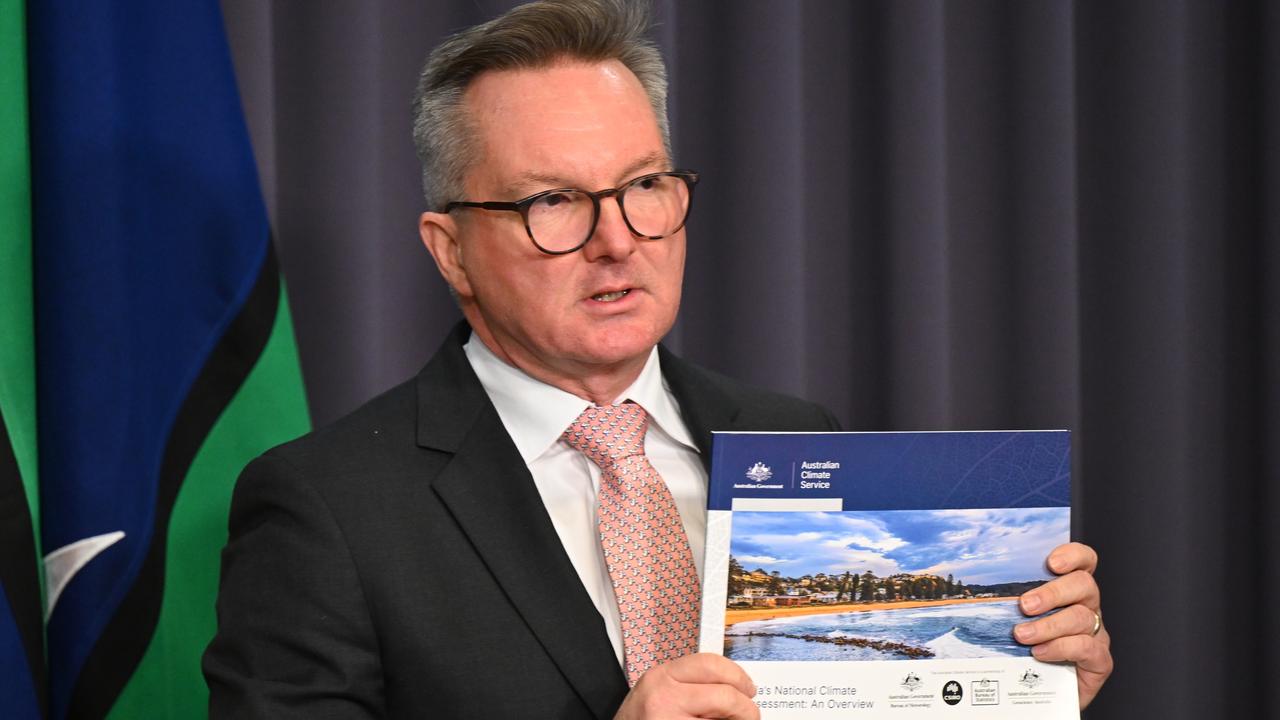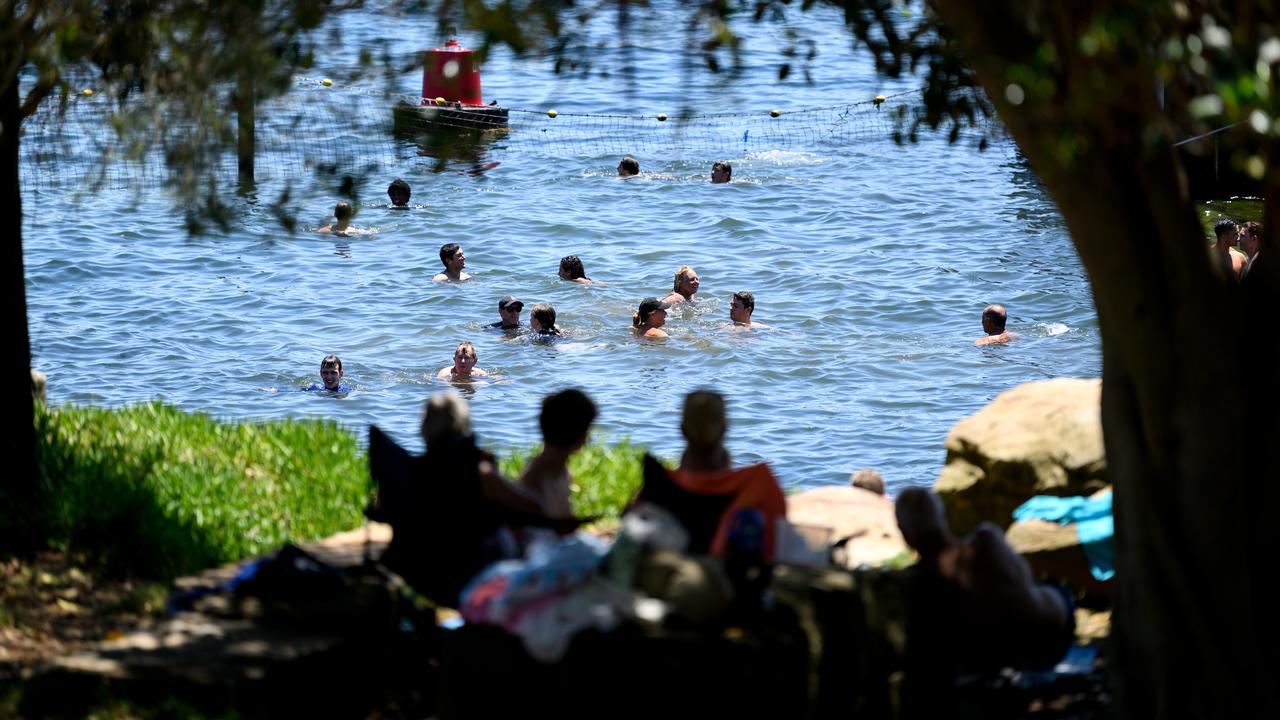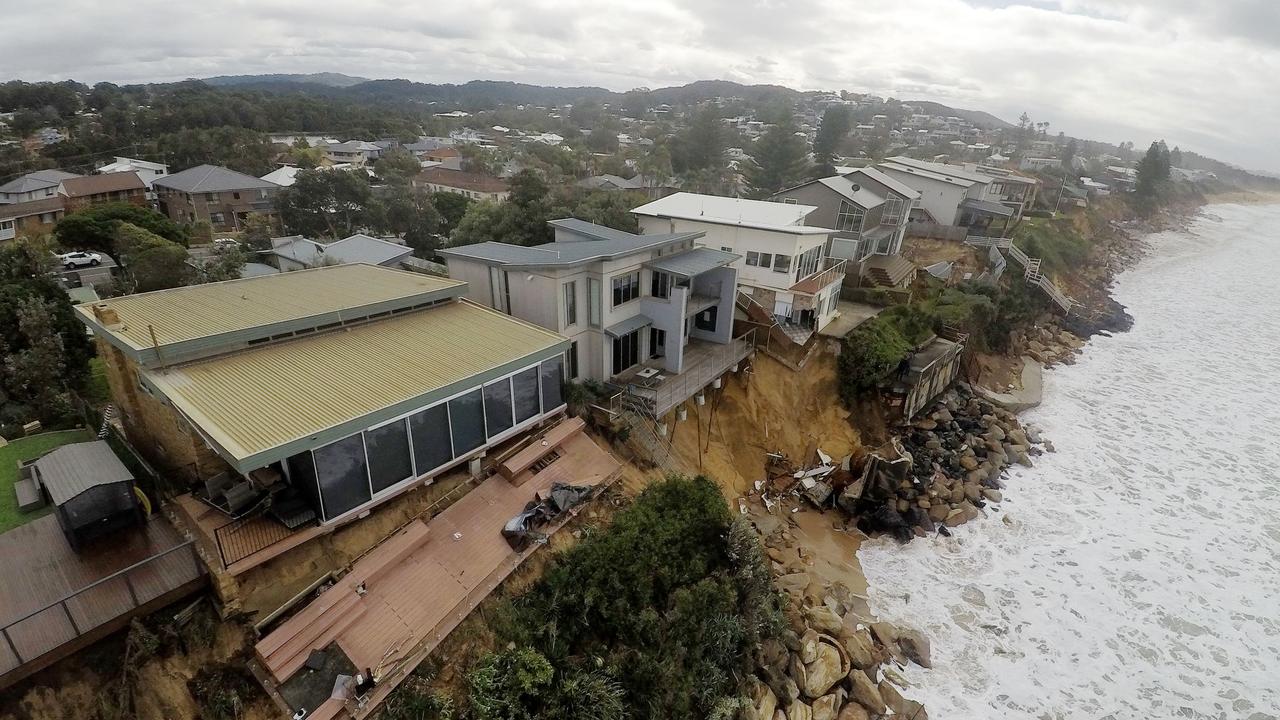
Climate advocates are using alarming predictions of heatwave deaths, degraded ecosystems and coastal properties lost to rising seas as ammunition for bold emission cuts through to 2035.
NGOs and federal crossbenchers are among the voices expressing dismay at the long-awaited National Climate Risk Assessment and urging Anthony Albanese’s government to step up.
The report details concerning predictions on heatwaves – already the deadliest natural hazard – with an almost 450 per cent rise in heat-related deaths expected in Sydney under 3C of warming.

Average global temperatures have risen 1.3C above pre-industrial levels and are set to hit 2.7C by the end of the century under current policies.
As many as 1.5 million Australians will be at high risk from cyclones, flooding and erosion by 2050, reflecting densely packed populations living along coastlines.
The natural world will also look very different, with about half the native plant species found in any location expected to change at 3C of warming.
Climate Change Minister Chris Bowen acknowledged many Australians would find the report confronting as he repeatedly stressed the economic opportunities of cleaner industries.
“If we take action, we can avoid the worst of the impacts,” he told reporters in Canberra on Monday.
“If we take action, we can create jobs and investment right across Australia.”
Australia and other signatories to a global climate pact are preparing to update their goals to slash emissions in September.
Australia’s highly anticipated 2035 targets are expected to be revealed soon, with the federal minister confirming he has received advice from the independent Climate Change Authority – guidance the government must consider before setting its goals.
Updated plans to curb carbon pollution come as the United States winds back its climate ambitions under the Trump administration, including withdrawing from the Paris Agreement.

Mr Bowen refused to comment directly on the policies of other countries, but said the majority remained committed to net zero “in some form”.
The federal government last week approved the extension of the Woodside North West Shelf gas project in Western Australia to 2070 – a move Labor defended as necessary to ensure sufficient gas for the global energy transition, despite criticism of its emissions burden.
Independent MP Zali Steggall, who has been vocal on climate risk, described the timing as “hypocrisy”.
“Days after approving Woodside’s gas expansion, which will only add fuel to the fire of climate change, the government finally releases the national climate risk assessment,” she said.
ACOSS chief executive officer Cassandra Goldie said the report confirmed climate change would hit disadvantaged households hardest and urged the government to “set targets that protect people and communities”.

Opposition Leader Sussan Ley and acting shadow minister for emission reductions Ted O’Brien said the 2035 target would need to be “credible” and “upfront about the cost”.
“We need to reduce emissions, but not at any cost,” they said in a joint statement.
The report canvases the economic burden of climate impacts in detail, with $611 billion expected to be wiped off property values by 2050 if little effort is made to adapt and relocate to lower-risk locations.
The burden on taxpayer-funded disaster recovery is also anticipated to surge fivefold towards the end of the century under 2C of warming.